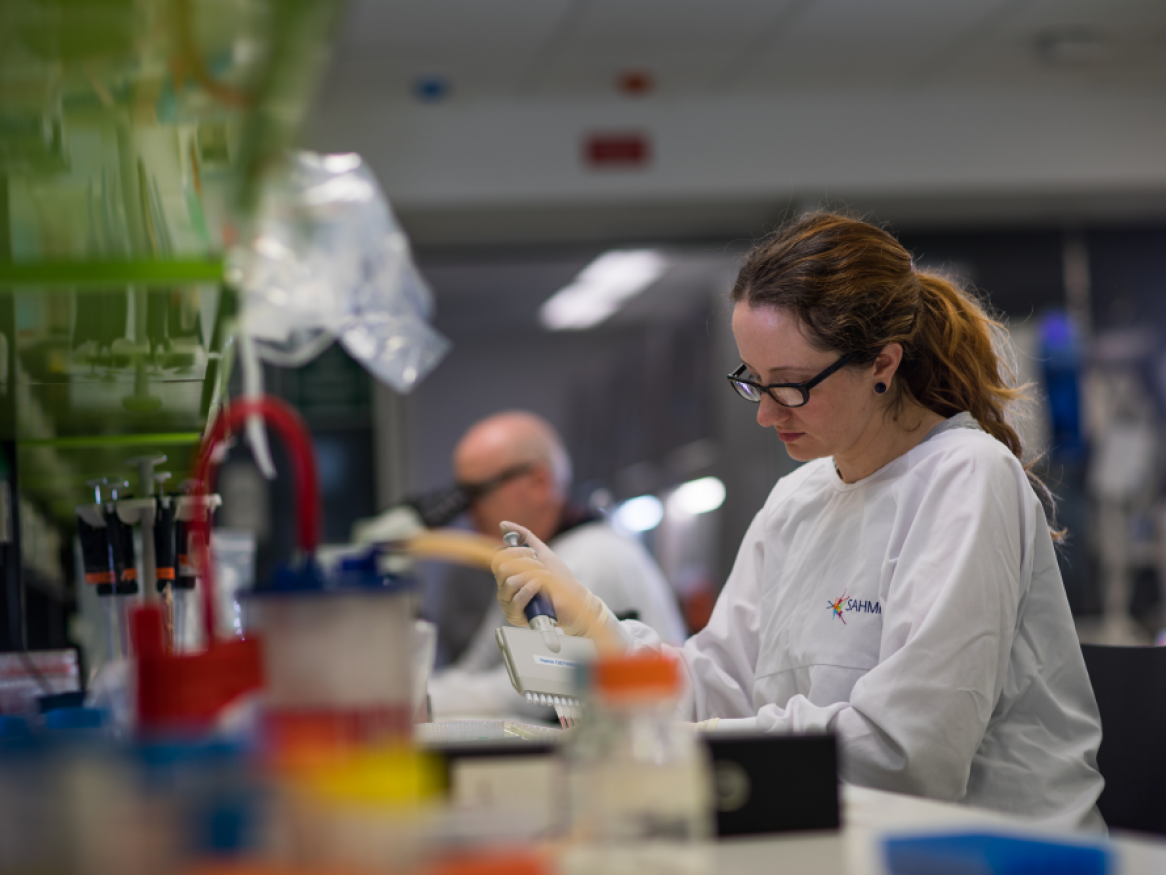Knowledge Translation
We are interested in implementation and improving how research evidence is applied to health care decision-making at a clinical, organisational and health system level.
The Knowledge Translation group studies the methods, processes and roles that can be used to facilitate the ‘evidence-to-practice’ components of knowledge translation. We work with theories and frameworks that recognise the complex, dynamic and iterative process of implementing research, in particular, the ‘Promoting Action on Research Implementation in Health Services' (PARIHS) framework (recently revised as the integrated or i-PARIHS framework).
Our research areas include:
- Synthesising evidence of best practice. We undertake, and offer training in the methodology of, systematic reviewing of evidence relevant to nursing practice. This takes place within the Centre for Evidence-Based Practice South Australia (CEPSA), a JBI Centre of Excellence.
- Examining the evidence-practice gap to identify potential for improvement. Here we focus on current practices and compare to known best practice, for example, improving the coordination of care for older people living in the community.
- Implementing and evaluating the implementation of evidence into clinical practice. Ongoing research is focused on topics such as implementing evidence-based guidance for stroke rehabilitation, improving renal care for Aboriginal patients and the management of clinical deterioration.
- Understanding processes of disinvestment and de-implementation to stop the use of practices that are known to be ineffective or potentially harmful, for example, in wound care and end-of-life care.
- Examining key roles in the translational process. We are looking at facilitator roles and facilitation processes and how these can be developed and embedded within health service settings in an effective and cost-effective way.
Related areas of research
Interested in a postgraduate research degree?
We offer exciting opportunities for researchers at the honours, masters and PhD levels. Our research degrees are open to students from a broad range of backgrounds, and range from basic sciences to clinical research. If you are interested in human health, consider furthering your research career with us.



